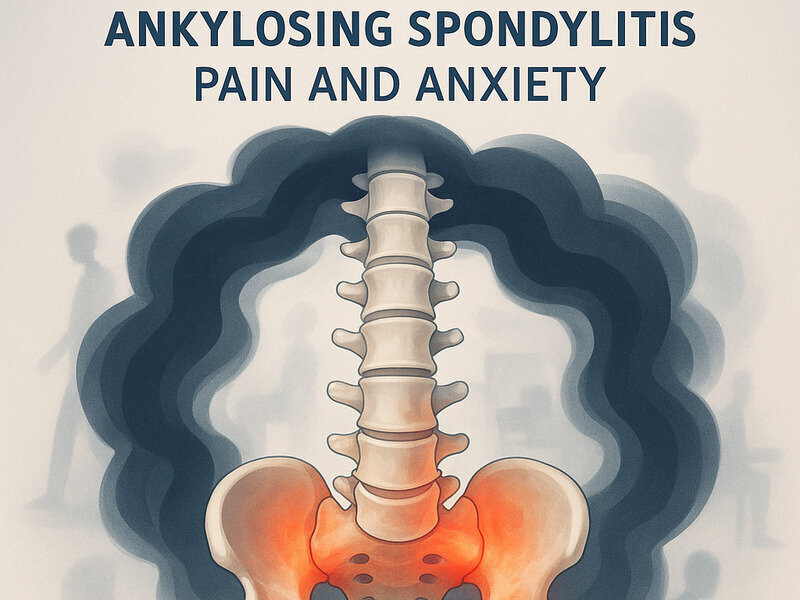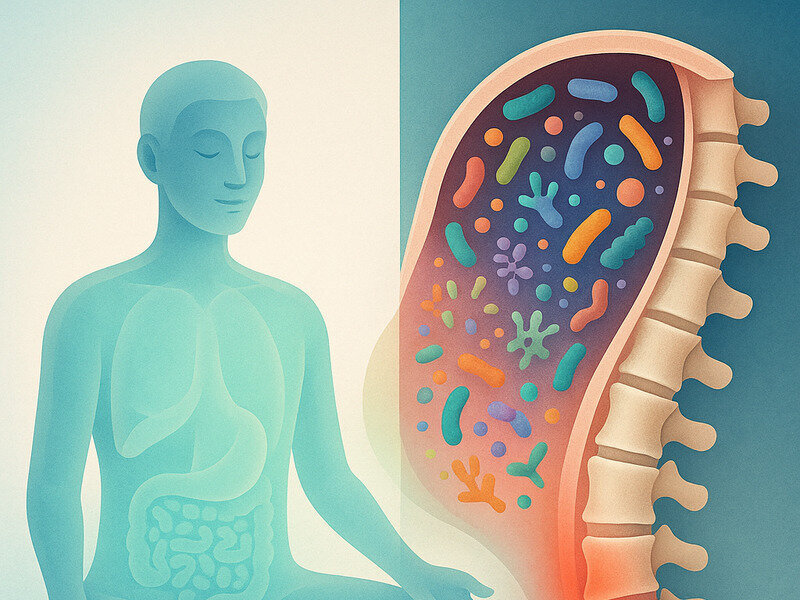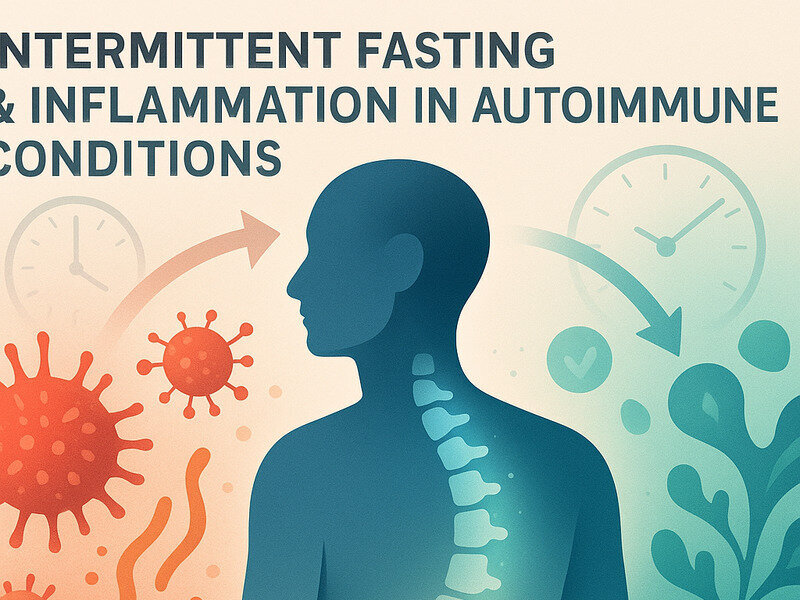
Ankylosing spondylitis (AS) is a chronic inflammatory disease primarily affecting the spine and the sacroiliac joints, leading to pain and stiffness. The condition can significantly impact a person's quality of life, and it is often accompanied by psychological challenges, particularly anxiety. Understanding the interplay between the physical symptoms of AS and the psychological burden it imposes is crucial for managing both aspects effectively.
AS is characterized by inflammation that can lead to the fusion of vertebrae, resulting in a loss of flexibility and potentially a hunched posture. The pain associated with AS is typically chronic and can vary in intensity. It often worsens after periods of rest and improves with physical activity. This pattern can disrupt sleep, leading to fatigue, which further exacerbates the pain experience.
The Connection Between Pain and Anxiety
Chronic pain conditions like AS are frequently linked with psychological distress, including anxiety. The relationship between pain and anxiety is bidirectional; each can exacerbate the other. Pain can lead to anxiety as individuals worry about their health, future mobility, and the impact of their condi...
Premium preview
Premium members unlock the full article—complete step-by-step routines, deeper coaching notes, and exclusive frameworks.


